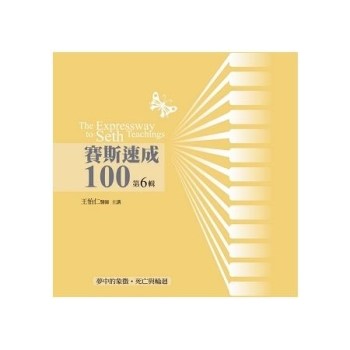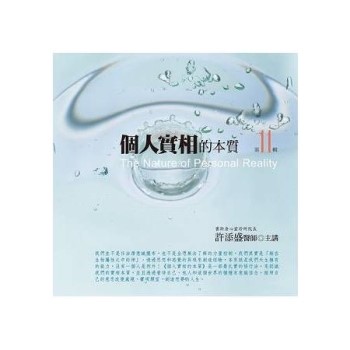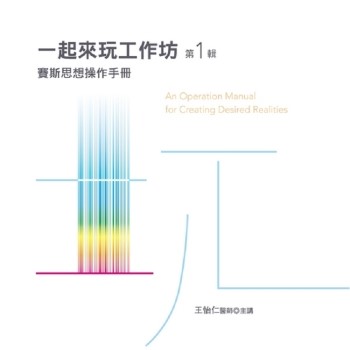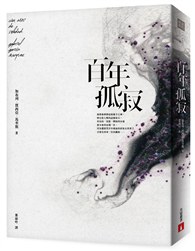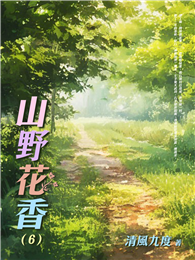Tamil Dalit feminist poetry occurs in the nexus of caste demands and literary expectations based on Tamil "high culture," as set in the literary conventions of both classical and contemporary aesthetics. Tamil Dalit feminist poets and their allies challenge literary expectations set for women poets as well as caste stigma. In Tamil Dalit Feminist Poetics: Resistance, Power, and Solidarity, Pramila Venkateswaran argues that Dalit poets Sukirtharani, Arangamallika, Umadevi, Meena Kandasamy, and Tamil feminist allies, such as Malathi Maitri and Kutty Revathi, challenge the literary tradition of Tamil poetry by presenting their radical poems on themes based on their experience and witnessing the trauma of violence on Dalit women’s bodies, thus placing caste and gender at the center of their work. They assert their subjectivity, offering us a feminist poetics that is rich with insights on the Dalit body, spirituality, music, culture, Dalit connection to land, and democracy. Their poems theorize women’s experiences, using metaphor, symbol, folk idioms, as well as satire and irony to express feminist connectedness to all spheres of life. Replete with anti-caste resistance of language, form, and content, Tamil Dalit feminist poets reframe both feminism and contemporary Tamil poetry. Thus, Dalit feminist poetry and other cultural productions are vehicles for solidarity and democracy.
| FindBook |
有 1 項符合
Tamil Dalit Feminist Poetics: Resistance, Power, and Solidarity的圖書 |
 |
Tamil Dalit Feminist Poetics: Resistance, Power, and Solidarity 作者:Venkateswaran 出版社:Lexington Books 出版日期:2024-10-15 語言:英文 規格:精裝 / 226頁 / 普通級/ 初版 |
| 圖書館借閱 |
| 國家圖書館 | 全國圖書書目資訊網 | 國立公共資訊圖書館 | 電子書服務平台 | MetaCat 跨館整合查詢 |
| 臺北市立圖書館 | 新北市立圖書館 | 基隆市公共圖書館 | 桃園市立圖書館 | 新竹縣公共圖書館 |
| 苗栗縣立圖書館 | 臺中市立圖書館 | 彰化縣公共圖書館 | 南投縣文化局 | 雲林縣公共圖書館 |
| 嘉義縣圖書館 | 臺南市立圖書館 | 高雄市立圖書館 | 屏東縣公共圖書館 | 宜蘭縣公共圖書館 |
| 花蓮縣文化局 | 臺東縣文化處 |
|
|
圖書介紹 - 資料來源:博客來 評分:
圖書名稱:Tamil Dalit Feminist Poetics: Resistance, Power, and Solidarity
|

